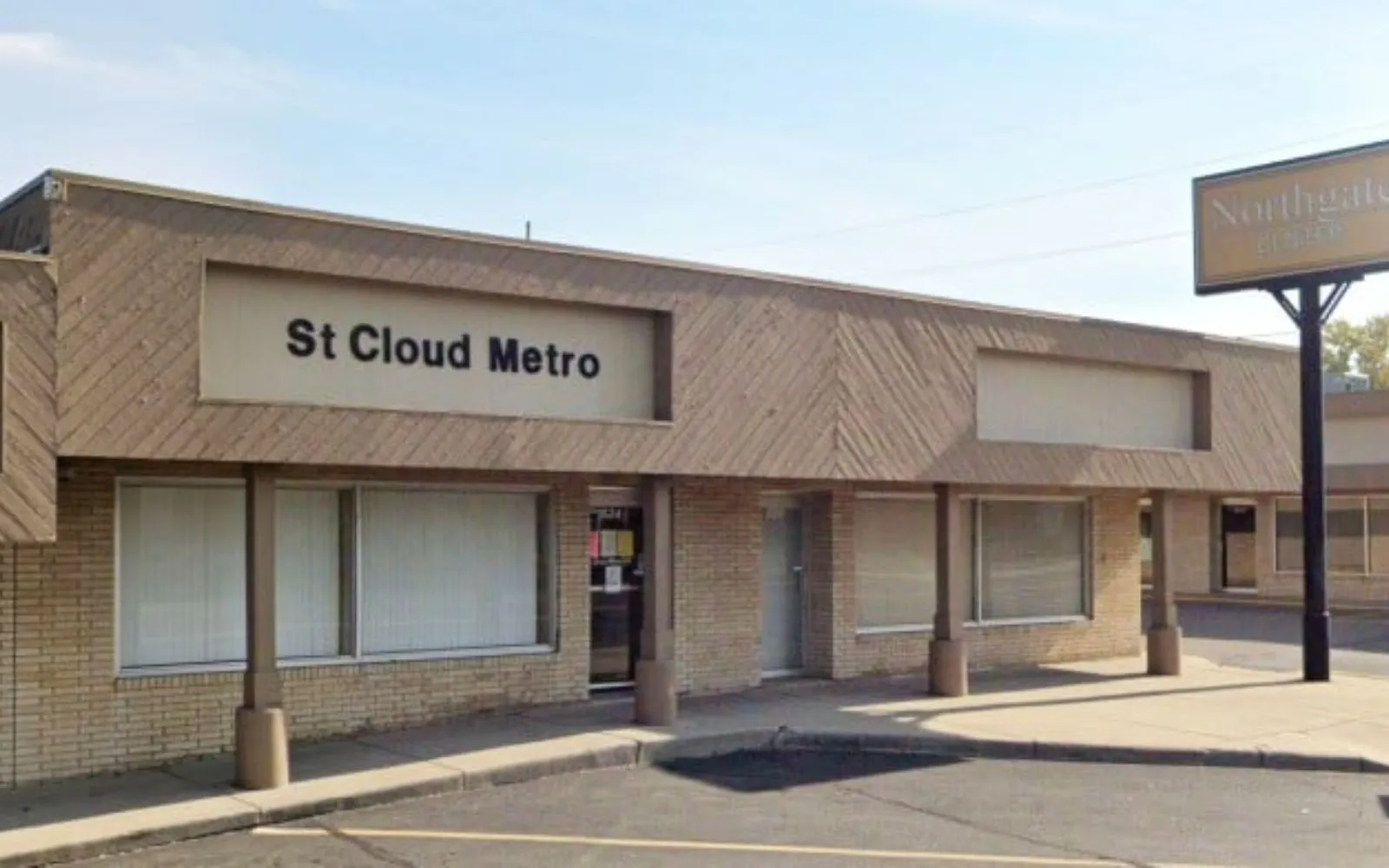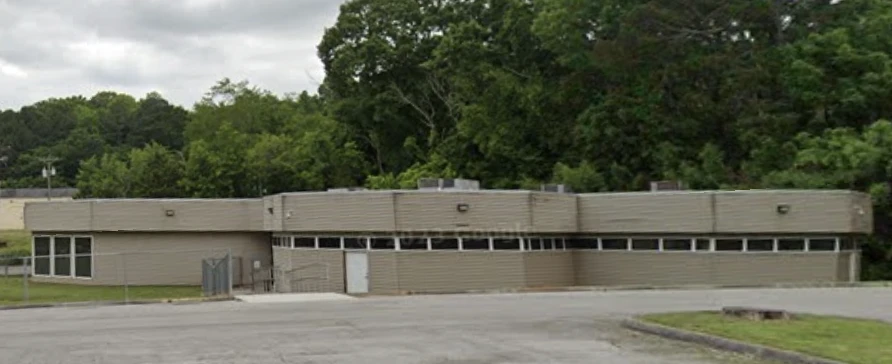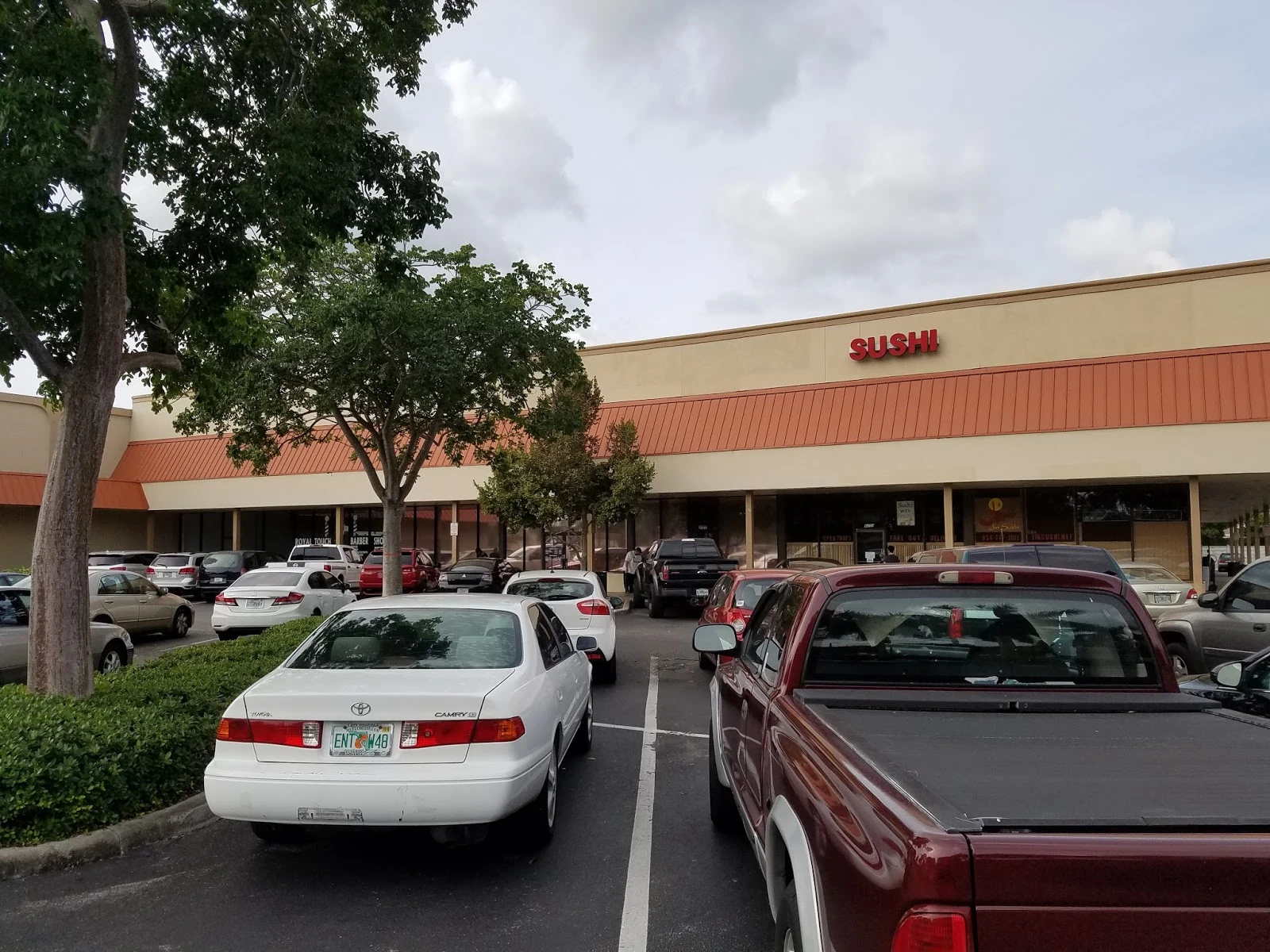Saint Cloud Metro Treatment Center - New Season Information
Treatment
Who We Treat
- Male and Female
Treatment Focus
- Drug Addiction
- Opioids
- Medication-Assisted Treatment
Approaches
- Individual Treatment
- Personalized Treatment
- Evidence-Based
- Medical
- Family Therapy
- Group Therapy
- 1-on-1 Counseling
- Medication-Assisted Treatment (MAT)
- Relapse Prevention Counseling
Substances We Treat
- Opioids
Languages
- English
Aftercare
- Outpatient Treatment
- Employment Counseling
- Continuing Care
- Employment/Vocational Counseling
- Support Meetings
Level of Care
- Outpatient
- Aftercare/Continuing Care
Experience
On-Site Amenities
- Air-Conditioned Rooms
Smoking and Vaping Policy
- Smoking Allowed
- Vaping Allowed
Accreditations
-
Commission on Accreditation of Rehabilitation Facilities (CARF)
CARF accreditation is a prestigious recognition for rehabilitation and human service organizations. It signifies that an organization meets high-quality standards and is committed to providing top-level care. CARF conducts rigorous evaluations to ensure compliance, enhancing an organization's credibility and reassuring clients and funders of exceptional service quality. This accreditation promotes excellence and continual improvement in the rehabilitation and human services field.

-
SAMHSA certification for opioid treatment program (OTP)
SAMHSA's Opioid Treatment Programs (OTP) accreditation is a prestigious recognition that signifies a program's compliance with stringent standards and guidelines established by the Substance Abuse and Mental Health Services Administration (SAMHSA). This accreditation demonstrates an OTP's commitment to providing high-quality, evidence-based care for individuals struggling with opioid use disorder (OUD). It serves as a trusted symbol of accountability and excellence, assuring patients, families, and communities that the OTP offers safe, effective, and comprehensive treatment options for OUD.
-
Drug Enforcement Agency (DEA)
DEA accreditation refers to the process by which a law enforcement agency is recognized by the Drug Enforcement Agency (DEA) as having met specific training, operational, and resource requirements necessary to participate in DEA-led drug enforcement efforts. This accreditation allows the agency to perform DEA-related tasks such as conducting investigations, executing federal search warrants, and participating in joint task forces.
Additional Locations
Saint Cloud Metro Treatment Center - New Season Accepts The Following Insurance Plans
Find the best treatment options. Call our free and confidential helpline today!









